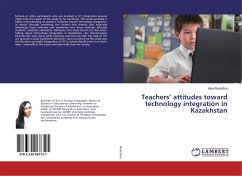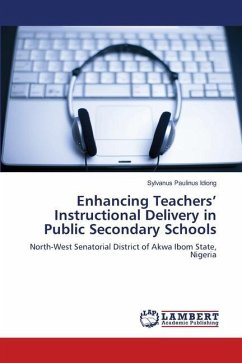After Namibia's independence, the government of the Republic of Namibia embarked on creating opportunities for Informational Communication Technologies (ICT). The Namibian government started with the development of policies for ICT implementation and integration in Namibian schools, which targeted the introduction and implementation of ICT in primary schools, secondary schools, the colleges of education then and the universities. The policies stipulate the need for infrastructure development, internet connectivity as well as technical support at all levels of implementation. The equal distribution of resources was one of the key elements in the implementation, for the rural schools to benefit equally as urban schools. This research study investigated the teachers' perceptions of the introduction of Computer-Assisted Learning (CAL) in Mathematics in rural senior secondary schools in the Zambezi Region of Namibia. To achieve this goal, three research questions were formulated in order to facilitate a better understanding of teachers' perceptions of the introduction of CAL in the Mathematics classroom.
Bitte wählen Sie Ihr Anliegen aus.
Rechnungen
Retourenschein anfordern
Bestellstatus
Storno








